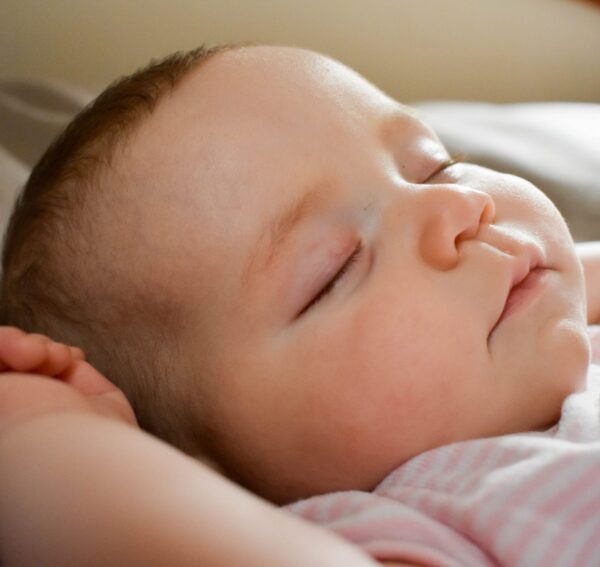Preschool sleep problems help predict ADHD, autism risk, research finds

Sleep problems in preschoolers could predict the risk of children developing conditions such as autism and ADHD, a study conducted by a medical student at James Cook University has found.
Emily Sawyer conducted the honours research project during her sixth year of studying medicine, finding that disruptive sleep patterns in preschool-aged children could be used to predict a range of emotional and behavioural disorders.
“Sleep problems in this age group are more likely to persist than those from infancy and importantly, strongly predict problems in later childhood and even into adulthood,” Ms Sawyer said.
Insufficient sleep has been associated with a range of detrimental outcomes such as poor learning, heightened emotional reactivity, and poor mental health.
Ms Sawyer said that sleep problems have also been found in many major forms of child emotional and behavioural disorders, including anxiety, depression and ADHD.
As part of the honours research, Ms Sawyer analysed data from 758 children who took part in the Effective Early Education Experiences (E4Kids) longitudinal study from 2010 to 2015, focusing on data collected when the children were aged four to six, then again two years later.
While previous studies have looked at sleep problems in isolation, Ms Sawyer explored connections between individual sleep issues and their association with the health of children two years later.
She identified three persistent sleep problems – short night sleeps, night awakenings and nightmares – which were strongly associated with specific emotional and behavioural disorders:
- Short sleep, which was associated with subsequent autism spectrum traits, peer problems and poor social skills
- Nightmares – associated with subsequent emotional and peer problems
- Night awakening – when children typically wake up three or more times during the night – is strongly associated with subsequent autistic spectrum traits, hyperactivity, emotional and peer problems.
Using nightmares and night awakenings as an example, Ms Sawyer said “These are both classified as internalising disorders, which suggest conditions such as anxiety and depression. Prior studies of internalising disorders in adolescence have shown a strong association with sleep problems.”
Ms Sawyer hopes that the results of her study will lay the foundation for future research into sleep and its association with developmental disorders in young children, saying:“Persistent sleep problems can be identified from as early as preschool age, whereas emotional and behavioural disorders are not usually diagnosed until children reach school age.
“We hope that research like ours will assist in enabling earlier identification of problems and subsequent support for children.”
Ms Sawyer’s research project was supervised by Ronny Gunnarsson, Adjunct Professor in General Practice, Gothenburg University, Sweden; and, Associate Professor Honey Huessler, Medical Director Child Development and Senior Medical Officer Respiratory and Sleep Medicine, Children’s Health Queensland, Centre for Children’s Health Research, University of Queensland.
Popular

Quality
Practice
Provider
Research
Workforce
Honouring the quiet magic of early childhood
2025-07-11 09:15:00
by Fiona Alston

Practice
Provider
Quality
Research
Workforce
New activity booklet supports everyday conversations to keep children safe
2025-07-10 09:00:16
by Fiona Alston

Quality
Practice
Provider
Workforce
Reclaiming Joy: Why connection, curiosity and care still matter in early childhood education
2025-07-09 10:00:07
by Fiona Alston












